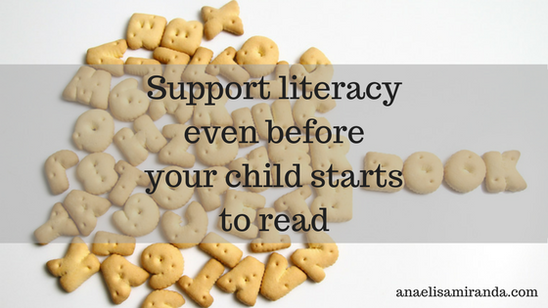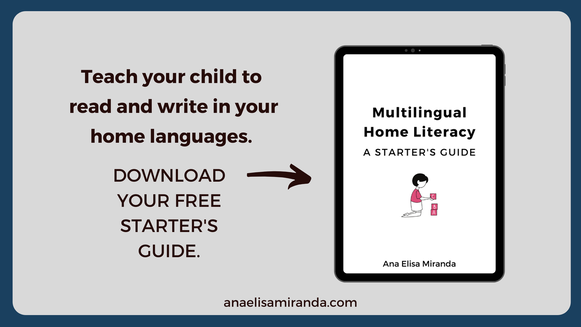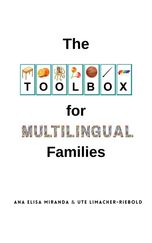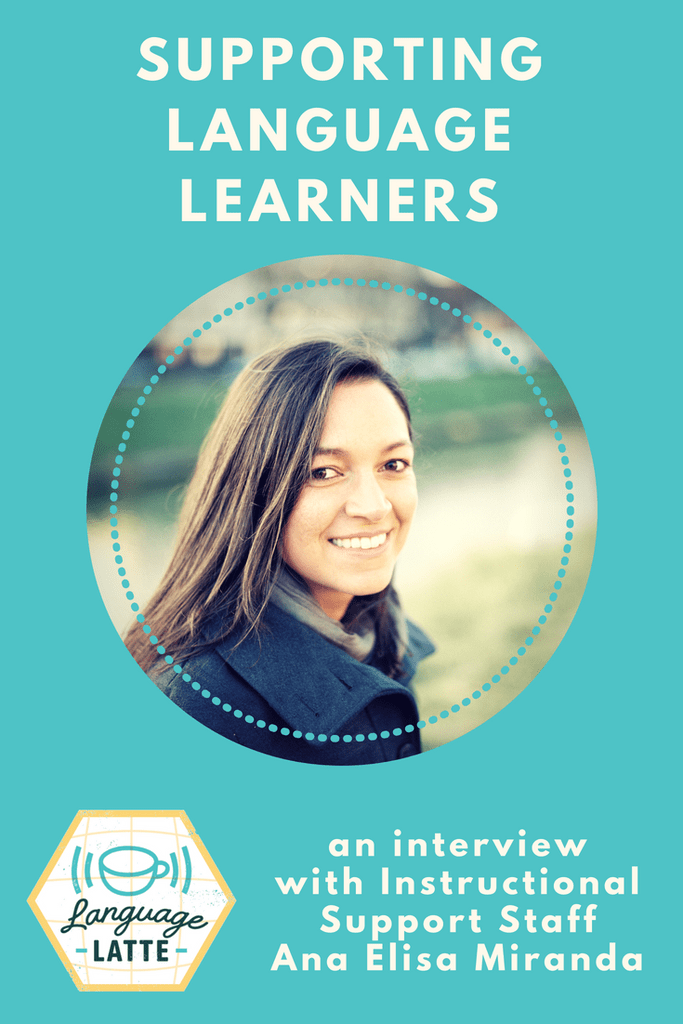I know. It’s early for you to picture your toddler reading books. It’s enough to teach them to use the toilet, feed themselves, behave, speak in sentences (how many languages are they learning?) and so much more.
You’re already dealing with so much. Confusion about what to feed them, their sleep schedule, your sleep schedule and all the blogs and well-intentioned relatives and friends telling you something different.
But you’re doing your best. And you want the best for your child. You want them healthy, happy and educated. And the key to good education are good reading skills. Now, I’m not here to tell you to teach your 3-year-old to read. Nonsense.
I’m going to show you what you can add to your daily life now that will set a foundation for later.
You’re already dealing with so much. Confusion about what to feed them, their sleep schedule, your sleep schedule and all the blogs and well-intentioned relatives and friends telling you something different.
But you’re doing your best. And you want the best for your child. You want them healthy, happy and educated. And the key to good education are good reading skills. Now, I’m not here to tell you to teach your 3-year-old to read. Nonsense.
I’m going to show you what you can add to your daily life now that will set a foundation for later.
★ Talk to your child
Ask them questions. Explain how things work. Teach the meaning of a new word.
Answer all the “Why?” that come your way. It’s tiring, I know, but “Because.” is not teaching them anything.
Talk about the plans for the day, the weather, the food you’re eating, their favorite toys, relatives, animals, plants.
This will increase their vocabulary, knowledge and support their reading.
★ Ask them to retell something
This will help them begin to understand chronological order, actions and consequences and inferring meaning.
For example, instead of asking, “How was school today?”, to which they’ll probably answer, “Good.” Prompt them with questions like: “Who did you play with today?”, “What was the first/last thing you did at school today?”, “What was your favorite part of today?”, “What was today’s story about?”, “Why wasn’t Jane at school today?”
★ Make up stories together
Role playing is not only fun but a way children process what they are learning about the world around them. It’s good for their cognition, creativity and emotional well-being.
Observe what they’re making up and play along. Don’t say it’s silly, of course toy cars can talk and stuffed dinosaurs can drink milk.
★ Read to your child everyday
I know you’ve heard this before. But when you read a book to your child you’re not only keeping them busy or calming them down before bed. You’re cultivating a love for stories. You’re having special moments together.
Find what works for you, it doesn’t always have to be a bedtime story. Have books everywhere: in the car, in the bathroom, on the coffee table. Create opportunities for a story.
Books that stimulate the senses are also wonderful to have around: textures, flaps, pop-ups, sounds and interactive books.
Ask open questions (how, why, where, who, what, when) and engage your child in the story.
Keep a conversation about books. What they liked the best, why, what they’d like to read next. Talk to your friends, family and other children about what they’re reading.
Don’t have enough books at home? Don’t want to buy them all new? Read this post for ideas!
★ Ask your child to narrate a picture book
Tell them they can “read” the book themselves. Help them with questions like, “What’s happening on this page?”, “What do you see?”, “Why is the boy sad?”
★ Develop their print awareness
You probably never heard of that but print awareness is nothing more than the notion of how print works. Children begin to understand that the squiggly lines on a surface mean something.
So go ahead and run your finger under the words when you read together. Your child will learn that in English we read from left to right and from top to bottom. She or he will also learn that what you’re saying is related to what’s on the paper. Point out print on various locations - a stop sign, their name on their bedroom wall, shopping lists.
★ Develop their phonological awareness
It’s the understanding that speech is made out of sounds - this will be crucial when learning to read. Don’t fret. What you can do at this stage is quite simple - and fun!
★ Play rhyming games
For example: “I’ll say three words and you’ll tell me the one that doesn’t belong, ok? Bug, mug, hop.” You can ask for the ones that do belong together, you can try longer words if your child is ready and you can simply ask him or her to say as many words as they can think of that rhyme with ___. You can also draw or use objects or create funny nicknames for people you know, like Ana Banana or Amanda the Panda.
★ Read rhyming books and books that have playful language
★ Play with alliteration (words that start with the same sound)
A good example is "I’m going on a trip". You start with “I’m going to Madrid and I’m bringing a mango.” The next person has to say something like: “I’m going to Madrid and I’m bringing a mango and a magazine.” The game goes around, if you make a mistake or can’t think of a word, you’re out. The winner is the last one standing.
Another good game to practice beginning sounds is “I spy”. It’s great for when you’re driving or waiting somewhere and see lots of different things. You say: “I spy with my little eye something that starts with /s/”. You should say the sound and not the name of the letter. Watch this video if you're not sure how to do that.
★ Support their motor skills’ development
Before we expect children to hold a pencil correctly, we can support their fine motor skills by letting them play and explore a variety of tools and materials.
Give them the opportunity to draw and colour with different crayons, pencils, markers and chalk; paint with brushes, sponges, or their fingers; cut and glue; build with blocks; play with clay or dough; help in the kitchen (safe and age-appropriate tasks); dress and undress dolls and themselves; make puzzles, etc.
When it’s time for literacy instruction children who have this solid foundation
will more likely succeed.






